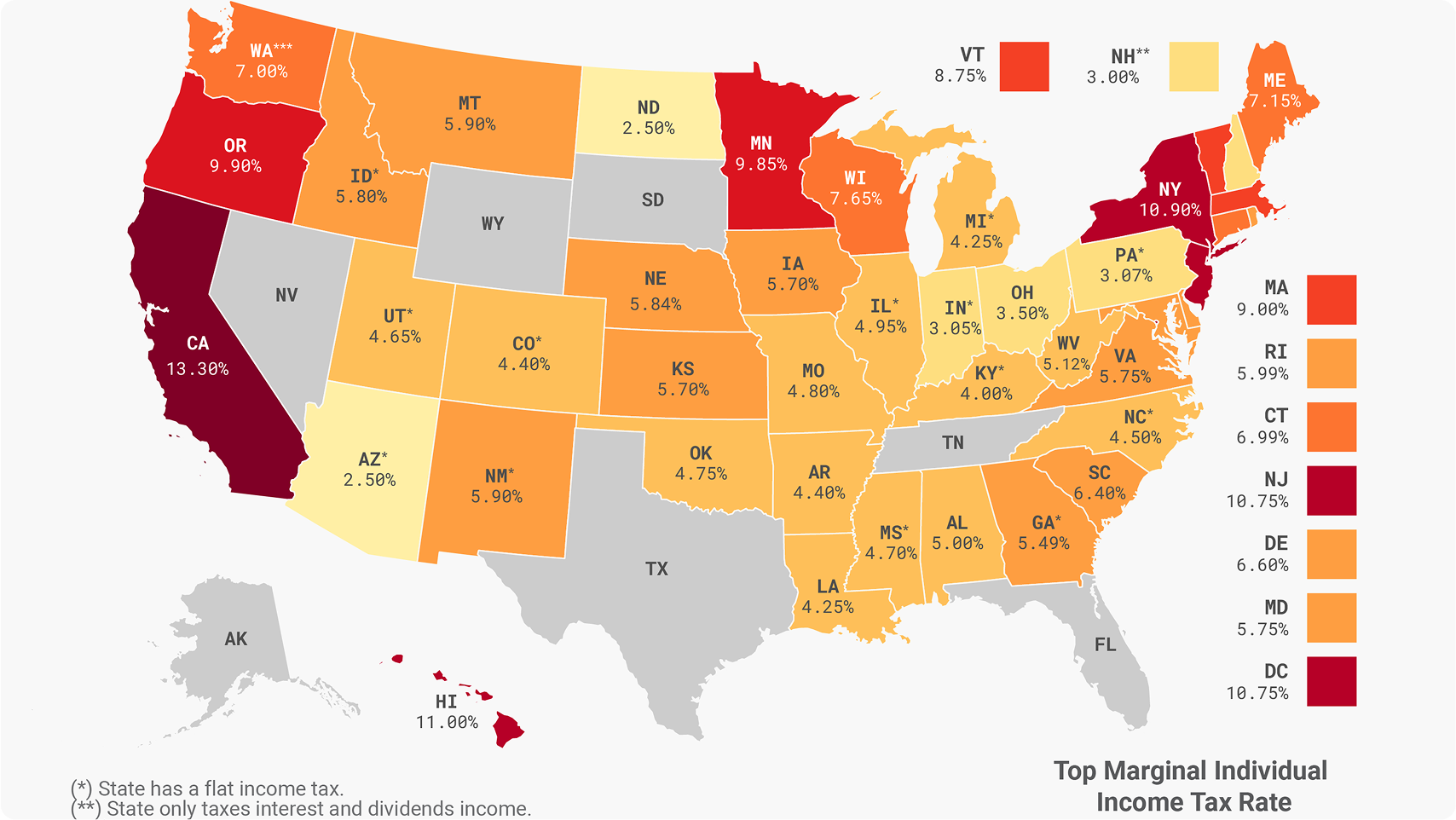Tax debt is a growing concern for many Americans, often stemming from underreporting or underpaying taxes. Owing money to the IRS can be overwhelming, but you’re not alone—numerous resources and tax resolution services are available to help.
What Is Tax Debt?
Tax debt refers to any unpaid taxes owed to the IRS, typically due to missed payments, filing errors, or unreported income. According to IRS data, around 858,000 Americans had delinquent tax accounts in 2017. The IRS provides multiple ways to determine the amount you owe, including online accounts, phone inquiries, in-person visits, or mailed statements.
The IRS enforces a 10-year statute of limitations on tax debt collection. However, penalties for underpayment can accumulate quickly. There are two primary types of penalties:
- Failure to Prepay Sufficiently – If you don’t withhold enough taxes throughout the year, you may owe a balance when you file.
- Failure to Pay on Time – If you miss the payment deadline, penalties and interest begin accruing immediately.
Consequences of Unpaid Tax Debt
Failing to resolve tax debt can lead to serious financial consequences, including:
- Accumulating Interest and Penalties – Monthly penalties and daily compounded interest increase the total amount owed.
- Wage Garnishment – The IRS can seize a portion of your paycheck.
- Tax Refund Offset – Future tax refunds may be withheld to cover the outstanding debt.
- Property Liens and Levies – In extreme cases, the IRS can place a tax lien on your assets or a levy to seize property or bank funds.
Despite these measures, the IRS prefers to work with taxpayers to find solutions rather than resorting to aggressive collection tactics.
First-Time Penalty Abatement
If this is your first time owing the IRS, you may qualify for First-Time Penalty Abatement (FTA). To be eligible, you must:
- Have no prior penalties for the last three years.
- Be up to date with all required tax filings.
- Have a history of timely tax payments or arrangements for payment.
Common reasons the IRS may approve an abatement request include:
- Natural disasters or other emergencies
- Serious illness or unexpected financial hardship.
- Errors due to reliance on incorrect IRS guidance.
Tax Lien vs. Tax Levy: Key Differences
If you fail to settle your tax debt, the IRS may take further action:
- Tax Lien – A legal claim against your assets, affecting your credit and financial transactions.
- Tax Levy – The actual seizure of property, including wages, bank accounts, real estate, or vehicles.
A tax levy can be released if it causes extreme economic hardship. However, you will need to provide documentation proving your financial distress, and you may still be required to set up a payment plan.
Can the IRS Forgive Tax Debt?
While the IRS is primarily focused on collecting owed taxes, they do offer relief options, including:
- Filing an Amended Return – Correcting past errors may reduce your tax liability.
- Seeking Professional Tax Assistance – Experts can negotiate on your behalf.
- Filing for Bankruptcy – Some tax debts may be discharged in bankruptcy.
- Installment Agreements – Monthly payment plans make debt repayment manageable.
- Offer in Compromise (OIC) – A program allowing you to settle your tax debt for less than the full amount owed.
- Currently Not Collectible (CNC) Status – A temporary relief option for those facing severe financial hardship.
Even if you don’t qualify for full debt forgiveness, the IRS is legally required to allow you to retain enough income to cover basic living expenses.

Conclusion
Tax debt can be stressful, but understanding your options and taking proactive steps can help you regain financial stability. Whether through penalty abatement, installment plans, or professional assistance, there are multiple paths to resolving tax debt before it leads to severe consequences. If you owe taxes, act quickly to explore your best course of action and minimize financial strain.



























